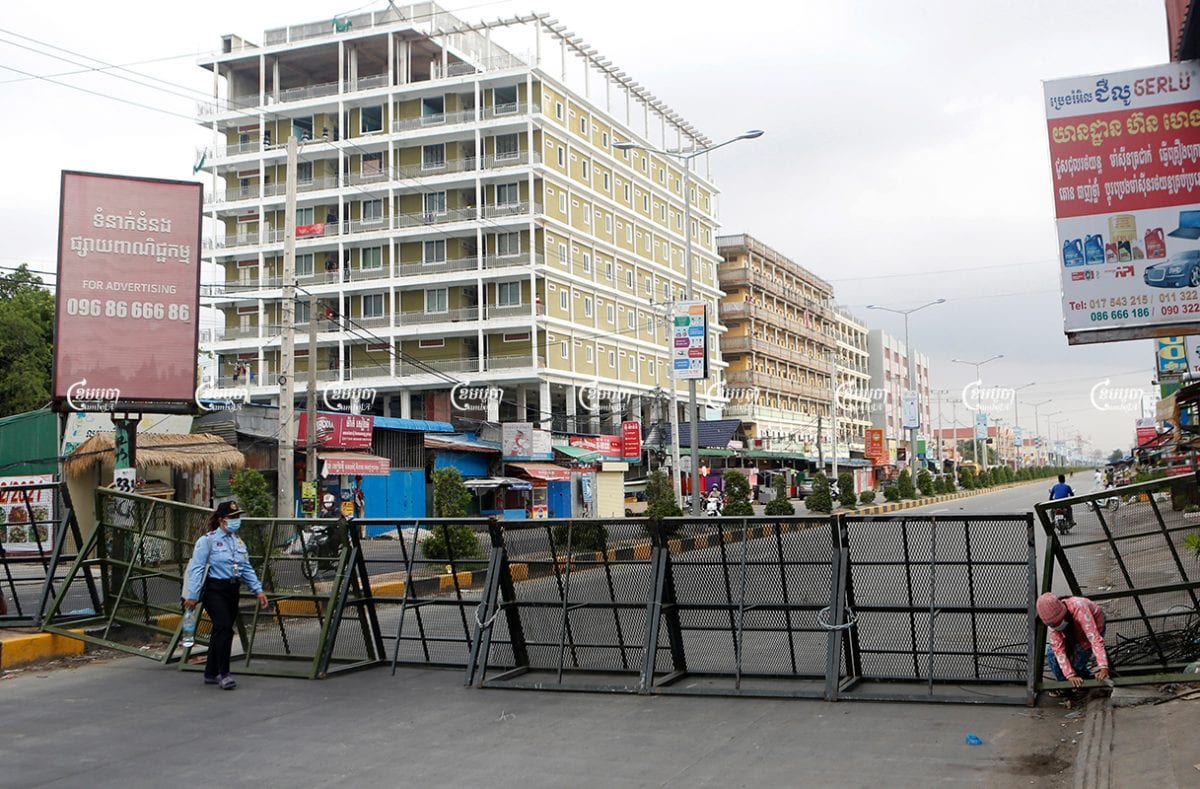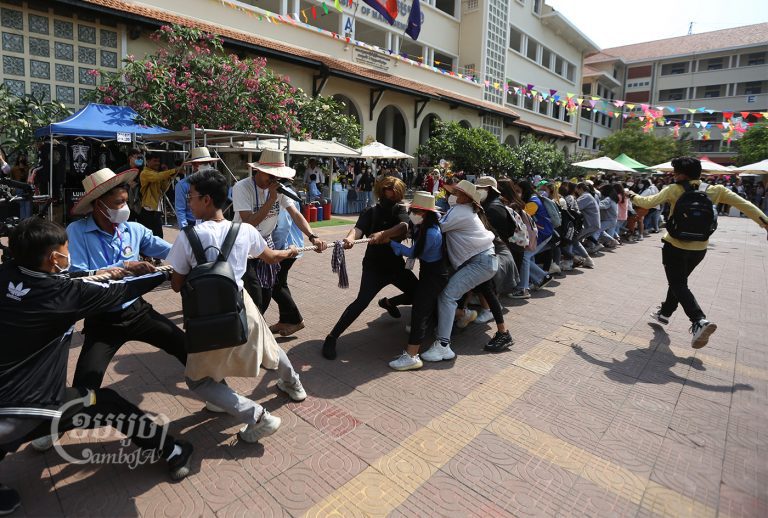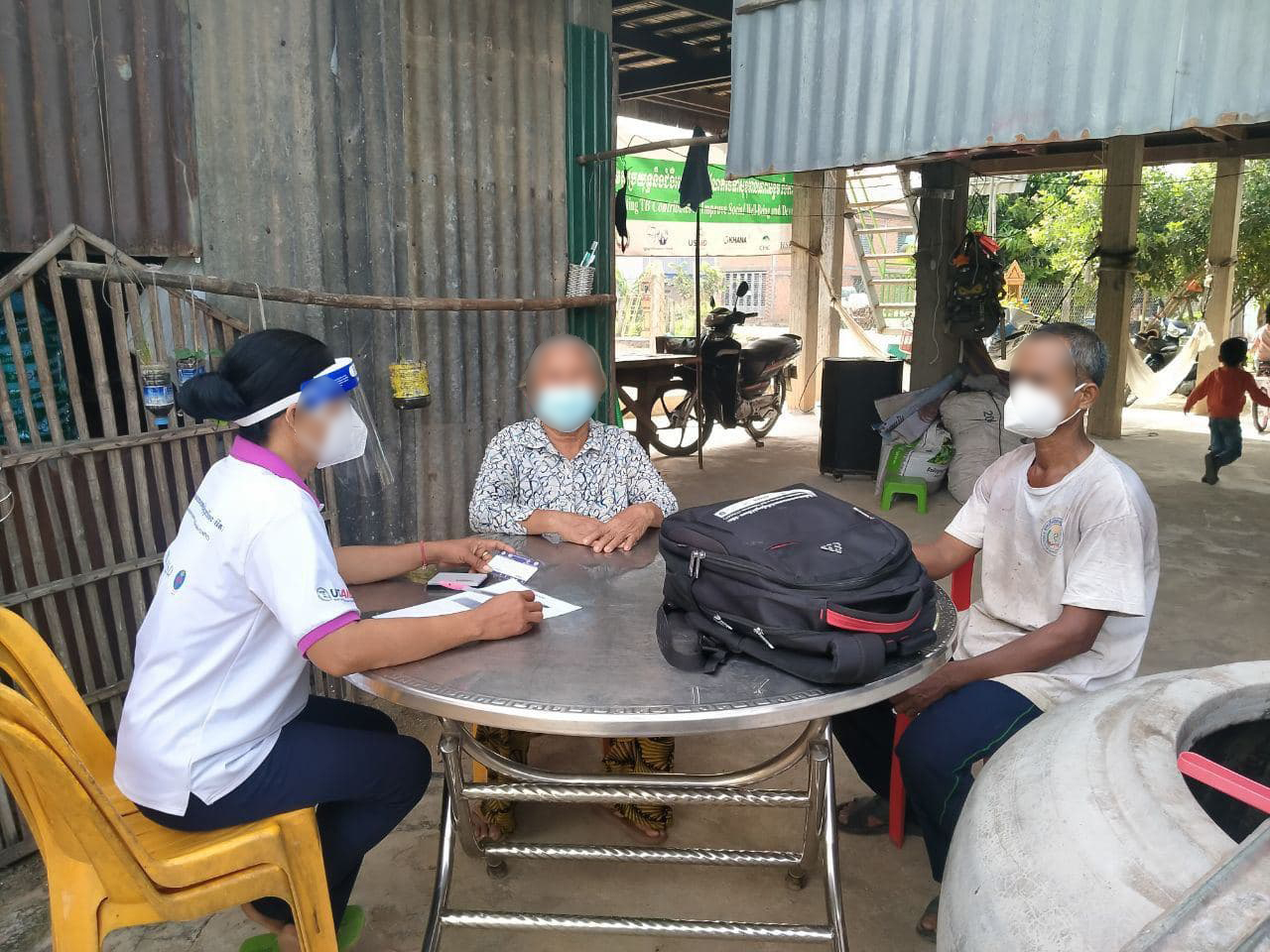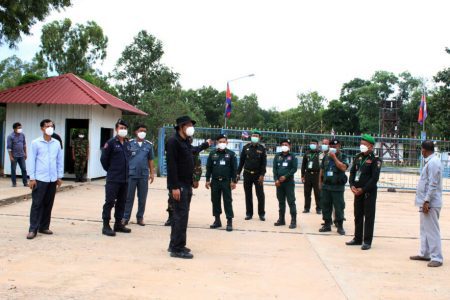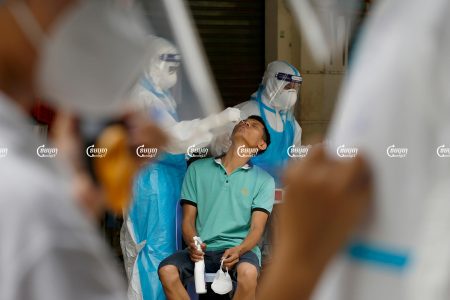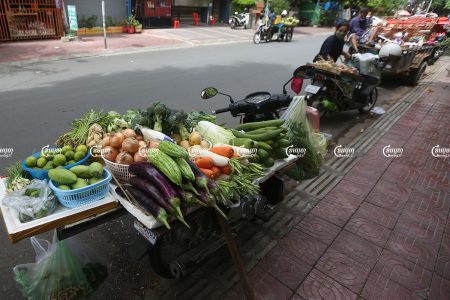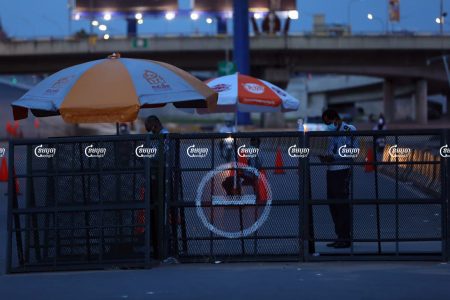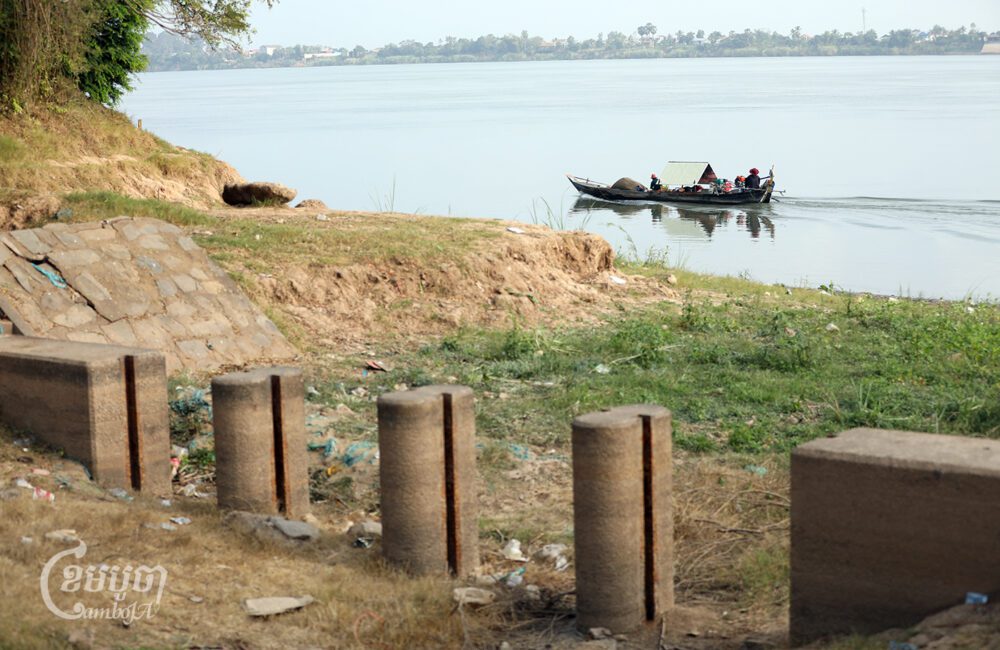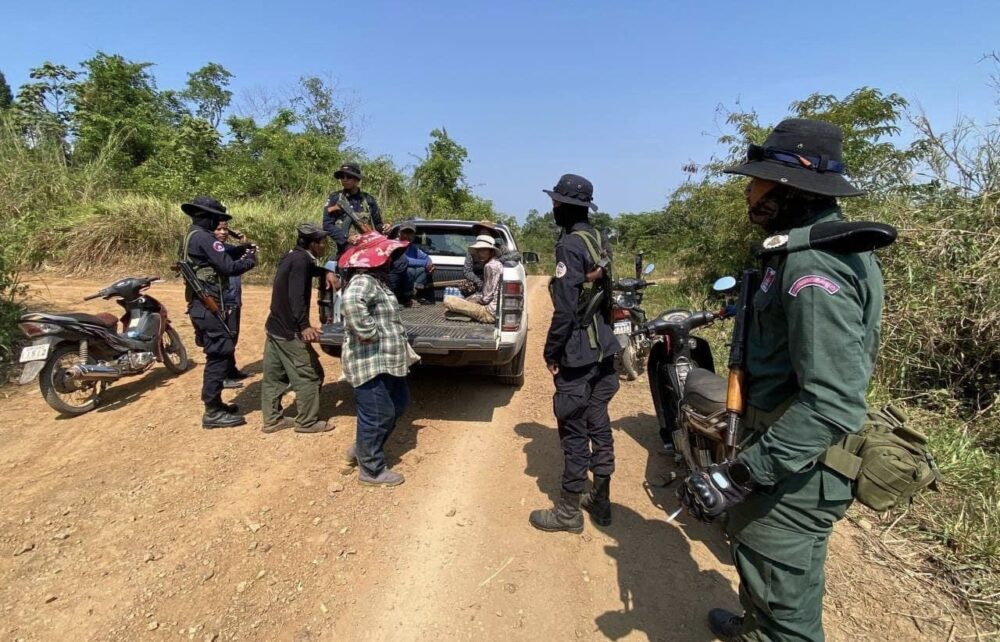Following two weeks of curfew and the partial closure of the capital of Phnom Penh, the government abruptly announced in mid-April that the whole city, as well as the neighbouring city of Takmao, would be completely locked down for a fortnight. The announcement, which would leave families locked in their homes for everything except the most essential tasks, came just a few hours before its immediate implementation at midnight.
With the introduction of a state of emergency law in April last year followed by another piece of legislation granting the government broad powers to respond to the COVID-19 epidemic, both roundly criticized by rights groups, the government seemed well-prepared to manage the virus. Instead, some critics say, it grew complacent.
David Van, a senior associate for public private partnership at Platform Impact, said the government should have had a plan in place for any such eventual lockdown measure.
“When the need arose for such a measure, they all reacted in a panicked manner instead of responding to such a crisis,” he said. “In other countries, governments have given ample notice to the public before they implement a lockdown. In Cambodia, it was done in panic mode, without proper prior planning of the modality of the lockdown.”
By the end of April, the government had divided the cities into three different-colored zones in an attempt to ease restrictions on movement and reopen some business activity in all but the most seriously affected areas. On May 6, authorities say, the lockdown will be lifted — though smaller areas with high rates of COVID-19 infections will continue to face restrictions. Looking back at the long two weeks of lockdown, analysts say the government has some serious lessons to learn.
After just one week of lockdown, authorities appeared to be addressing the issues of COVID testing, the need for treatment centers and the looming food shortages facing vulnerable communities. The most marginalized people, especially informal and low-waged workers as well as those deeply in debt, were struggling to survive. At the same time, hundreds of people were being arrested under the law on COVID-19 after being accused of violating the lockdown measures.
Council of Ministers spokesperson Phay Siphan said the government is working to improve the effectiveness of lockdown, saying that increasing the number of vaccinations was their main priority. The Ministry of Defence has taken charge of the vaccination drive, with the target set at more than 500,000 people in affected areas.
“When we lock down the entire city, it affects all sectors,” Siphan said. “In the beginning, we faced a lack of public awareness, and then this problem of food shortage, which has been gradually resolved by the authorities as [the government] prioritizes those most in need.”
Siphan said that problems had also risen from the relationship between the people and the local authorities, saying that the government needed to further expand the scope of delivering information to the public.
“I believe this is a new lesson for all,” he said. “We have a monitoring group on social media, so when there is a problem in any area, we go down to solve it immediately. People have to inform the authorities — if they just stay in their bedrooms, how do we know?”
On social media, though, a number of people reported that they were still waiting for the food “donations” announced by the authorities.
Authorities have warned that they would take legal action against those who publicly report food shortages during the blockade. Both the Phnom Penh municipal authorities and the Council of Ministers have labelled this propaganda of incitement to social unrest.
Human Rights Watch on Wednesday called on Cambodian government to immediately grant United Nations agencies and aid groups unrestricted access to the more than 300,000 residents under strict lockdown in the capital’s “red zones”.
“Prime Minister Hun Sen’s government is failing to meet its obligations during the pandemic lockdown to protect poor and vulnerable communities,” Human Rights Watch Asia director Brad Adams said in the statement. “The government should immediately allow UN agencies and aid groups full access so they can help hungry people with food, health care, and other essentials necessary for their survival.”

The Phnom Penh municipal government created a Telegram group for people in need of emergency assistance. According to Human Rights Watch, the group quickly grew to over 50,000 members, many complaining that they had not had food delivered to them in days.
For much of the lockdown, all vegetable and meat markets in Phnom Penh and Takmao were closed, not only affecting consumers but hurting farmers who were unable to transport their products to the cities during the lockdown. Instead, the government took responsibility for supplying the cities’ “red zones” with food through the Ministry of Commerce.
Despite these harsh measures, the lockdown does not seem to have so far reduced the number of positive cases. On Wednesday alone, the Ministry of Health reported 762 new cases, bringing the total number to 16,971 cases since the outbreak of COVID-19 in 2020, with 110 recorded deaths as of Wednesday. Cambodia has recorded an average of more than 500 new cases of COVID-19 each day for the past two weeks.
With the number of infected people increasing, the government is also faced with the rising challenge of managing treatment centres for recovering patients. In a Facebook live broadcast on Monday night, health staff reported that 20 COVID patients had been refused entry into the treatment centre at Phnom Penh’s Olympic Stadium treatment center, apparently because they lacked documentation. Dozens of ambulances carrying patients were also seen waiting outside.
Hok Kimcheng, technical director general of the Ministry of Health said that most of the challenges had occurred at the newly organized location.
“We have problems due to the large number of patients admitted and we cannot make arrangements right away, but the issues will also be addressed shortly, while more recoveries will also allow us to receive new patients,” he said.
Kimcheng said that the emergency beds were still limited, but that beds for patients with mild cases of the virus were not a problem because they are supplied locally.
Pech Pisey, executive director of Transparency International Cambodia,said the government had big lessons to learn from the lockdown’s limited success.
“Without strategic lockdown measures, the result has been to seriously affect informal workers, especially for those who earn just enough to cover each day’s expenses,” he said. “The whole lockdown has not been as effective as expected.”
Pisey maintained that the government needed to clearly study which sectors are most at risk, and which areas are most affected, in order to mitigate the impact on businesses.
“Re-activating business activities is important in terms of social stability and national security, because the most affected are vulnerable groups who can cause social instability — and we do not want to see an uprising,” he said.
The Ministry of Labour has decided to reopen business activity, factories and enterprises in yellow zones, but to limit the number of workers allowed to resume their duties by just 50 percent of the total workforce. These workers will rotate every two weeks.
For Platform Impact’s Van, the simple division of entire communes into colors has only made things worse. He said that surgical targeting of specific areas around COVID clusters and locking down these smaller areas was the best way to free up other zones to allow the public to go back to earning a living and putting money back into the economy to keep it going.
Anthony Galliano, group chief executive officer of Cambodian Investment Management Holding, likewise welcomed the lifting of the lockdown, saying that a long-term lockdown would have a devastating impact on the economy.
“Cambodia’s economy is very vulnerable, and any prolonged lockdown would severely impact employment, especially with employment contract suspensions, overwhelm the treasury as continual stimulus measures would be required, and affect mental health and well-being,” he said.


